Family playing with ball in a public park.
By reducing air pollution, we can save and improve millions of lives. We can also tackle climate change, build fairer societies and strengthen economies. Clean air measures enable governments, donors and policy makers to maximise their resources and unlock health and climate benefits.
Here are some recent publications, case studies and briefings which we hope you will find helpful:
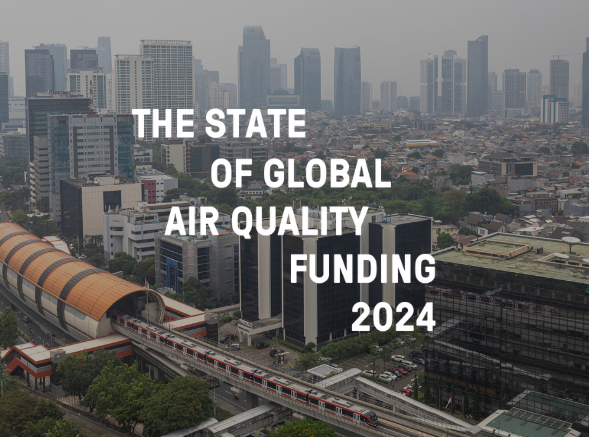
Analysis of funding from international development donors to tackle air pollution
The only global analysis of funding from international development donors to tackle air pollution. We highlight trends and gaps in international aid and public climate finance spending from 2018 to 2022. We also give recommendations for governments, bilateral donors and multilateral development banks to tackle dirty air and climate change together.
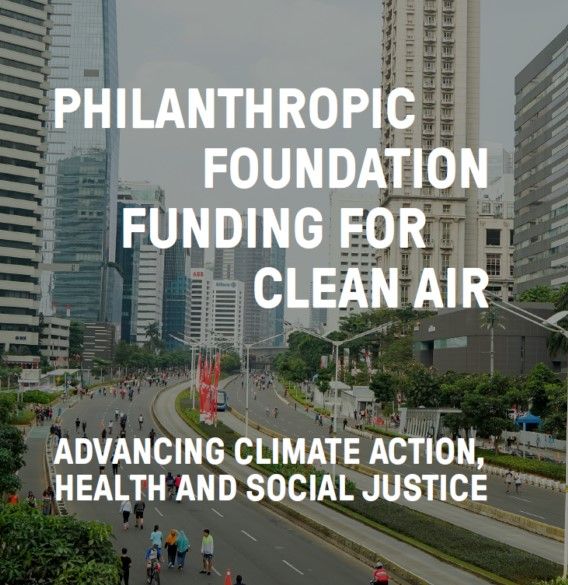
Analysis of philanthropic funding to tackle air pollution, including from health foundations
An analysis of funding from philanthropic foundations to tackle air pollution between 2015 and 2022. We identify funding trends, gaps and opportunities for philanthropies to maximise the benefits of their investments.
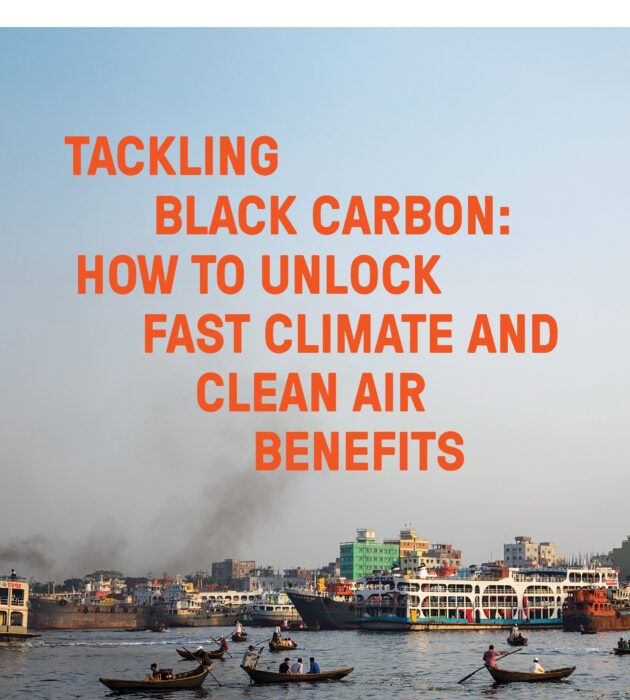
Tackling black carbon: How to unlock fast climate and clean air benefits
The case for action on black carbon is clear. Our report highlights how decision-makers can cut emissions to unlock near-immediate climate gains, while improving air quality, public health and economies.
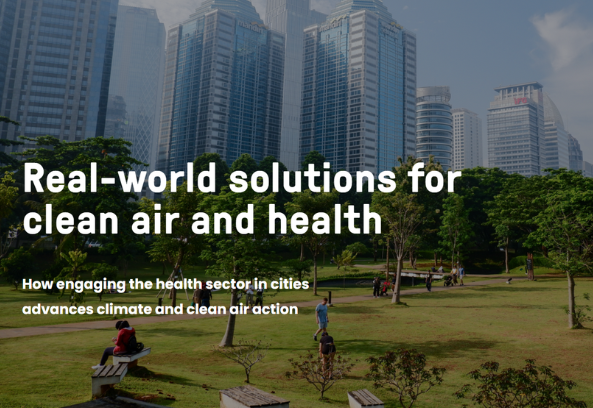
Real-world solutions for clean air and health
6 case studies on how engaging the health sector in cities advances climate and clean air action. These high-impact, evidence-based success stories should spur governments around the world to replicate clean air solutions to improve climate and health outcomes.
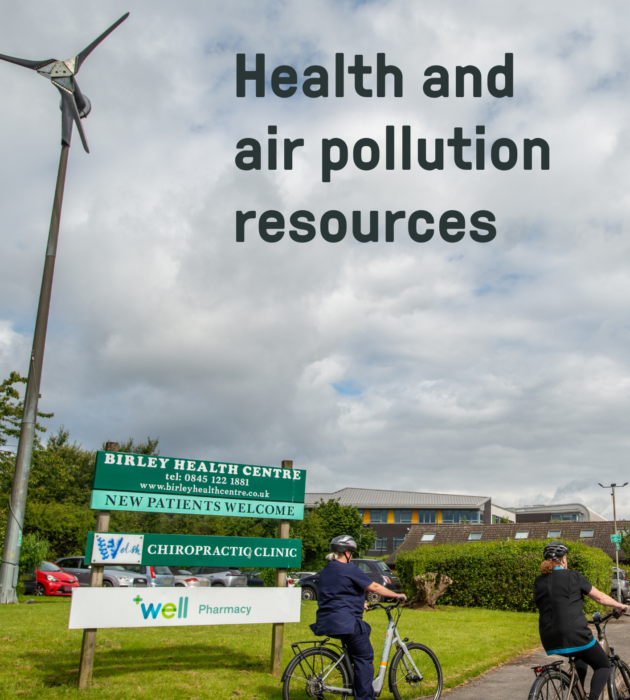
Health and air pollution resources
A collection of reports, research and data on the impact of air pollution on public health and strategies for action. These resources were developed by a range of health organisations supported by Clean Air Fund.